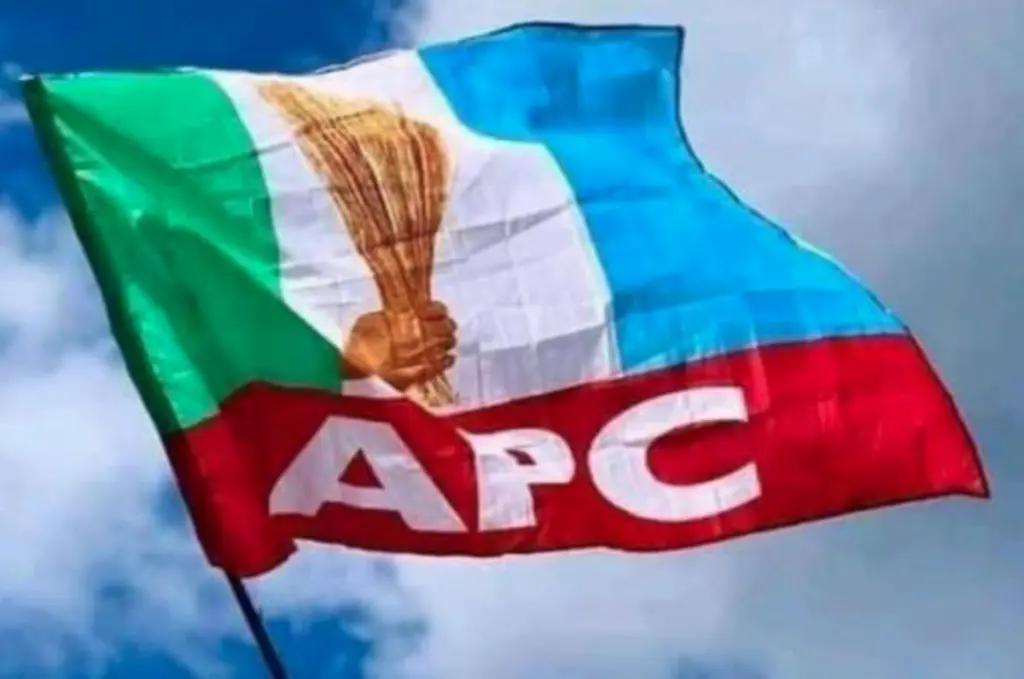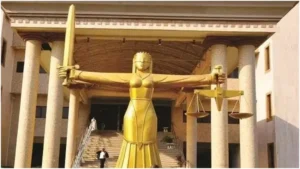As Nigeria moves closer to the 2027 general elections, there is growing concern that the country’s democracy may be under threat. A wave of defections from opposition parties to the ruling All Progressives Congress (APC) has sparked widespread fear among citizens, political analysts, and civil society groups that Nigeria could be drifting toward a one-party state.
Recent high-profile defections, including those of Governors Peter Mbah of Enugu State and Douye Diri of Bayelsa State, have shifted the balance of political power. With these moves, the APC now controls 25 out of Nigeria’s 36 states, leaving the once-dominant Peoples Democratic Party (PDP) with only eight. The remaining states are shared among the Labour Party (LP), All Progressives Grand Alliance (APGA), and New Nigeria Peoples Party (NNPP). Many Nigerians say this pattern mirrors the Abacha-era political dominance, where all registered parties endorsed the late military ruler as their sole presidential candidate.
The PDP, once Nigeria’s strongest political force, is now struggling to stay afloat amid internal divisions, court battles, and mass defections. The Labour Party and NNPP are battling leadership crises, while APGA’s only governor, Charles Soludo, has openly expressed support for President Tinubu’s administration. Opposition figures and democracy advocates warn that such political consolidation weakens accountability, as the ruling party gains near-total control of state institutions.
While some APC leaders argue that the defections reflect faith in President Tinubu’s economic and infrastructural reforms, critics say they are driven by self-interest and political survival, not ideology. According to political observers, Nigeria’s politicians often switch parties for personal gain, seeking alignment with the center of power rather than promoting democratic values. Others believe the PDP is now facing the same fate it once imposed on smaller parties when it dominated national politics.
Civil society groups, religious leaders, and political commentators are now warning that the erosion of opposition voices could silence democracy itself. Human rights advocates and Catholic bishops have raised alarm that Nigeria may be “sliding into a one-party state.” As the 2027 elections approach, many Nigerians fear that political competition is being replaced with consolidation of power — echoing past regimes where democracy was only in name, not in practice.







